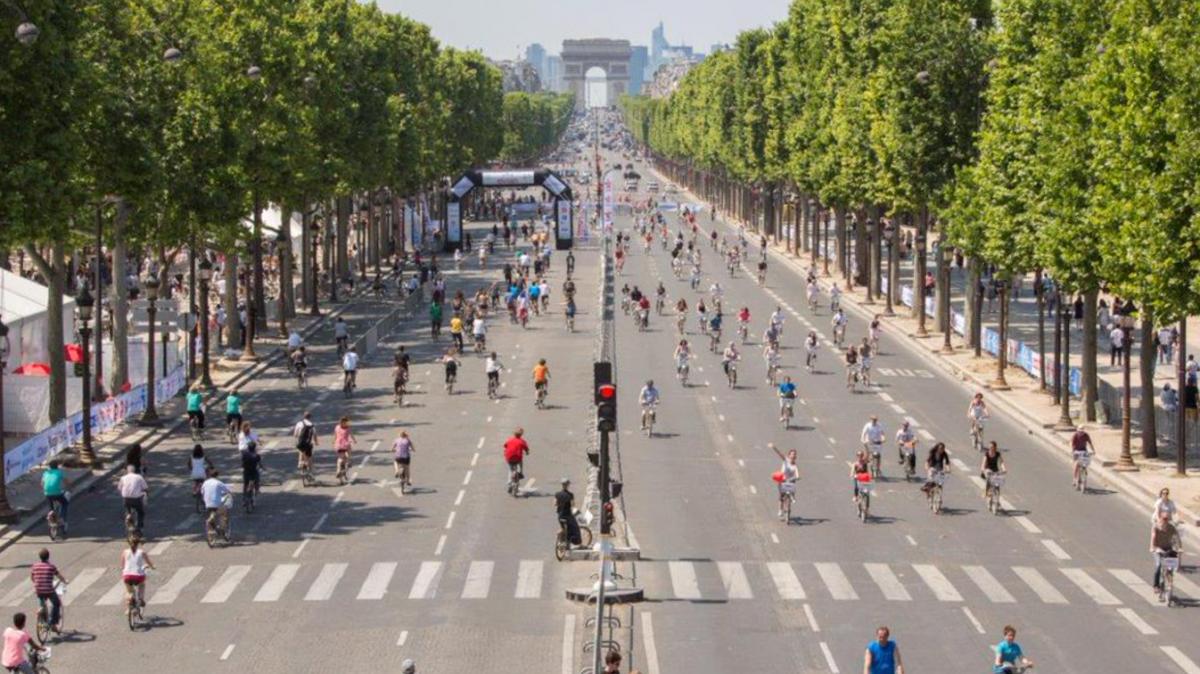There are no products in your shopping cart.
| 0 Items | £0.00 |


Ayo Akinfe
[1] With crude oil now considered an unnecessary pollutant we need to phase out its use. More and more cities on the world are going car free and those that are not, are phasing out petrol and diesel cars, going for electronic automobiles
[2] In late 2016, Madrid's Mayor Manuela Carmena reiterated her plan to kick personal cars out of the city centre. She confirmed that Madrid's main avenue, the Gran Vía, will only allow access to bikes, buses, and taxis before she leaves office in May 2019 as part of a larger effort to ban all diesel cars in Madrid by 2025
[3] Oslo announced plans to permanently ban all cars from its city center by 2019, six years before Norway's country-wide ban would go into effect. The Norwegian capital will invest heavily in public transportation and replace 35 miles of roads previously dominated by cars with bike lanes.
[4] In the Chinese city pf Chengdu, only half the roads in the 80,000-person metropolis will allow vehicles under an ambitious green plan
[5] In the German city of Hamburg, over the next two decades, The authorities will reduce the number of cars by only allowing pedestrians and bikers to enter certain areas. The project calls for a gruenes netz, or a "green network," of connected spaces that people can access without cars. By 2035, the network will cover 40% of Hamburg and will include parks, playgrounds, sports fields and cemeteries
[6] Today, over half of Copenhagen's population bikes to work every day, thanks to the city's effort to introduce pedestrian-only zones starting in the 1960s. The Danish capital now boasts more than 200 miles of bike lanes and has one of the lowest percentages of car ownership in Europe
[7] In the French capital Paris, the mayor doubled its bike lanes and limited select streets to electric cars by 2020. The city also continues to make smaller, short-term efforts to curb emissions.
[8] Most streets that surround Brussels' city square, stock exchange, and Rue Neuve (a major shopping street) have always been pedestrian-only. The roads make up the second largest car-free zone in Europe, behind Copenhagen
[9] In April 2016, Mexico City's local government decided to prohibit a portion of cars from driving into the city center two days every work week and two Saturdays per month. It determines which cars can drive on a given day using a rotating system based on license plate numbers
[10] Now, in Nigeria, Lagos simply has to lead the way with this. It is one of the most congested cities in the world and needs to come up with a radical plan that includes an underground metro, bicycles, electric busses and car-free zones. Other large cities like Ibadan, Kano, Kaduna, Enugu, Benin, Port Harcourt, Maiduguri, etc must them follow suit. Going forward, every state should have a target of building at least one car-free City!